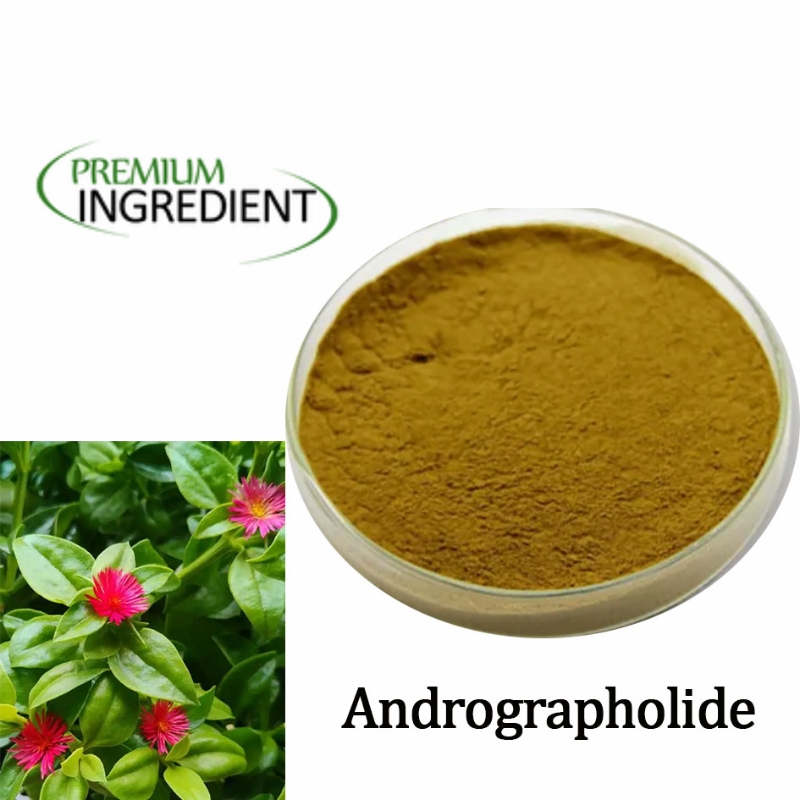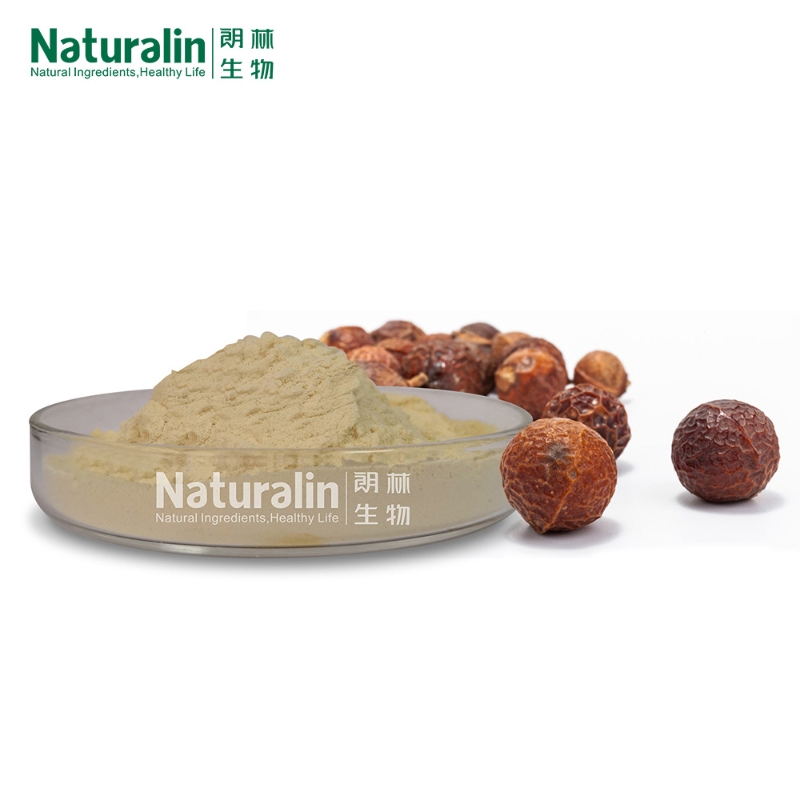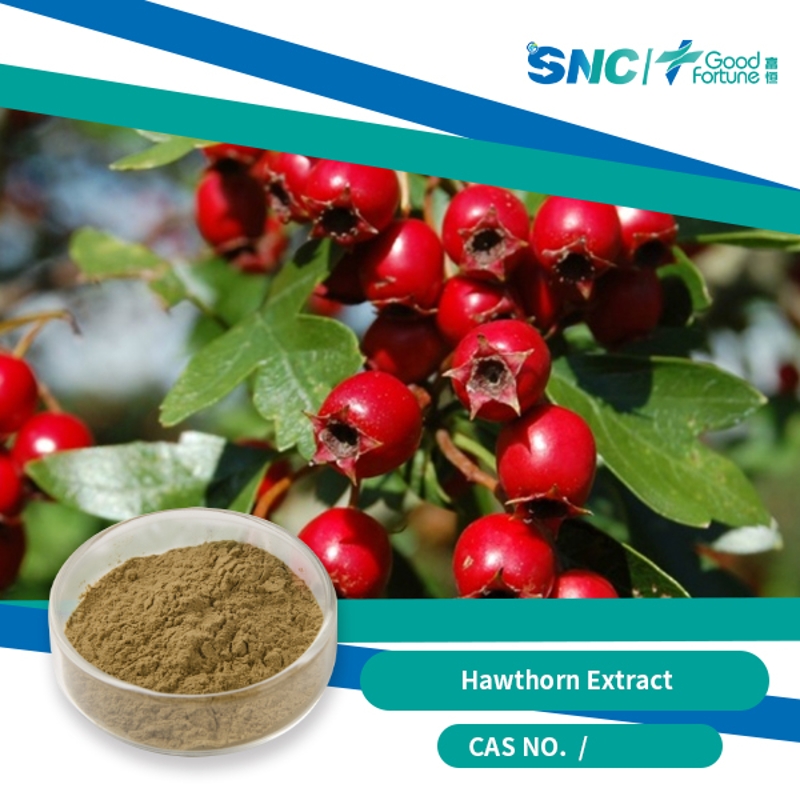-
Categories
-
Pharmaceutical Intermediates
-
Active Pharmaceutical Ingredients
-
Food Additives
- Industrial Coatings
- Agrochemicals
- Dyes and Pigments
- Surfactant
- Flavors and Fragrances
- Chemical Reagents
- Catalyst and Auxiliary
- Natural Products
- Inorganic Chemistry
-
Organic Chemistry
-
Biochemical Engineering
- Analytical Chemistry
-
Cosmetic Ingredient
- Water Treatment Chemical
-
Pharmaceutical Intermediates
Promotion
ECHEMI Mall
Wholesale
Weekly Price
Exhibition
News
-
Trade Service
Juvenility and phase change in woody plant species exert profound impacts on plant morphology and the ability of explants to be successfully propagated in vitro. Morphological characteristics such as leaf shape modifications, thorniness, and the inability to initiate flowers are associated with juvenility. Physiological maturity, that is the ability to reproduce sexually, is reached by many woody species only after many years of juvenile growth. As a result, micropropagation of woody species has historically been difficult with many plant species proving to be exceedingly recalcitrant. The importance of juvenility and its impact on successful vegetative reproduction in vitro has therefore received much research attention. In vitro technologies that have been demonstrated to induce rejuvenation include meristem culture, chemical treatments, pruning and hedging, forcing new growth, and taking advantage of epicormic buds, grafting and micrografting, and somatic embryogenesis. Applications of these technologies are discussed in this chapter.







